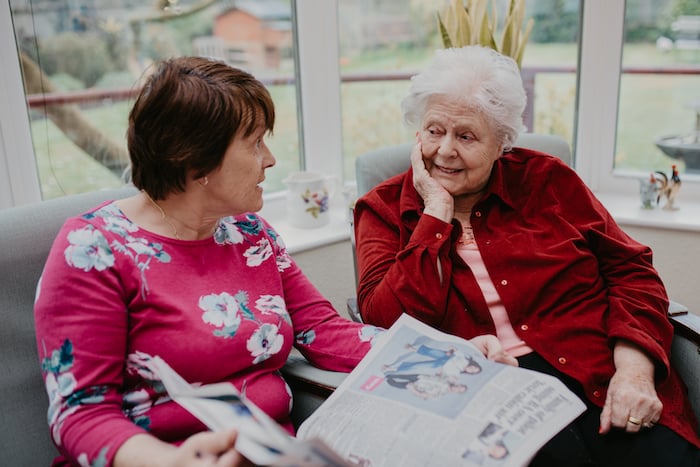The Care Quality Commission (CQC) has been regulating and inspecting live-in care, home care and care home providers since 2009.
Its inspections, reports and ratings are a trusted part of how people choose care and in 2019 the CQC rated all three of Agincare’s 24-hour care teams as ‘Good’.
Unsurprisingly, the coronavirus pandemic has had a massive impact on how the CQC goes about inspecting social care providers. While limiting the number of in-person inspections the Commission has had to find other ways to monitor providers and make sure that their care is meeting the required standards.
Engagement and support calls
Since May the CQC has been making ‘engagement and support calls’, as part of their Emergency Support Framework. The telephone calls mean the CQC can continue to closely monitor care providers, just in a more physically-distanced way.
The calls cover four assessment areas:
- Safe care and treatment: how the provider is dealing with infection prevention and control, whether there is sufficient equipment, and how they are managing medicines and risks
- Staffing: staffing levels, and whether there are plans in place to manage any staffing shortfalls
- Protection from abuse: whether the live-in care service is protecting its clients from abuse, harm and discrimination, and responding properly to any safeguarding incidents
- Assurance processes, monitoring and risk management: staff health, safety and well-being, whether staff feel supported to speak up about any concerns, plus record-keeping and partnership working
Following the call, the care provider receives a summary record of the CQC’s findings. Although this isn’t an inspection, it does give people a good insight into how a care provider – in this case for live-in care – is managing the impact of coronavirus on its service, staff, clients and relatives.

Feedback on Agincare’s 24-hour home care services
All three of Agincare’s live-in care teams received positive feedback from the CQC following engagement and support calls. Each team was assessed as managing the impact of the COVID-19 pandemic.
Central team
The CQC noted that:
- The live-in care workers in the team have sufficient PPE and equipment
- Clients’ medicines are being managed effectively
- There are suitably skilled staff across the team, with contingency plans in place should there be any shortfall in staffing
- People are safeguarded from abuse, harassment and discrimination
- Staff feel they can speak up and raise any concerns
- Systems and records management are effective
- There is effective partnership working with other health and social care organisation
South-East
The CQC concluded that:
- Clients are benefiting from consistency of care – many care team members have chosen to stay with the same client
- PPE is available to all team members
- Regional managers are phoning people on a daily basis to check on their welfare
- Care team members are isolating with clients as far as possible
- Closer connections have improved communications and have brought teams together
South-West
The CQC reported that:
- The team provided good examples of oversight, and that systems are working well
- Field care supervisors are checking in with clients, their relatives and care team members on a daily basis
- The team is working well with external organisations, such as other health and social care professionals involved in their clients’ care and support
- They have been using video calls in an innovative way, to review and monitor records in clients’ homes
- There has been a significant increase in positive feedback from clients and their relatives
- There are robust plans in place for staffing, plus ongoing recruitment and staff training
